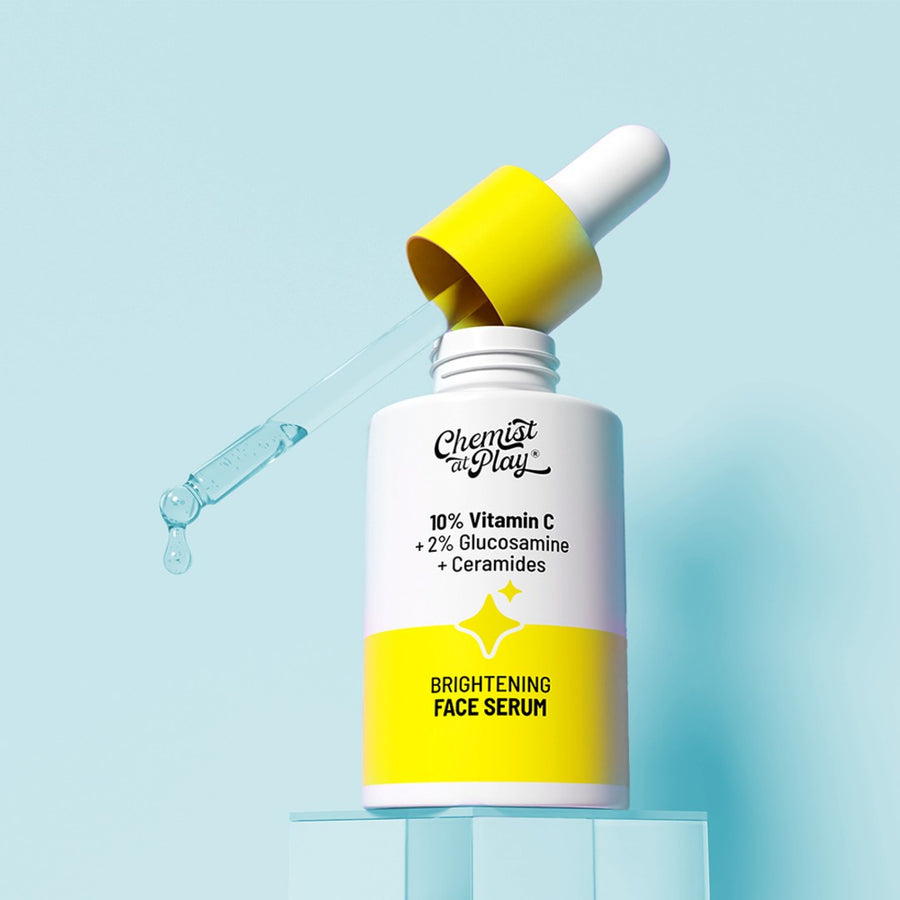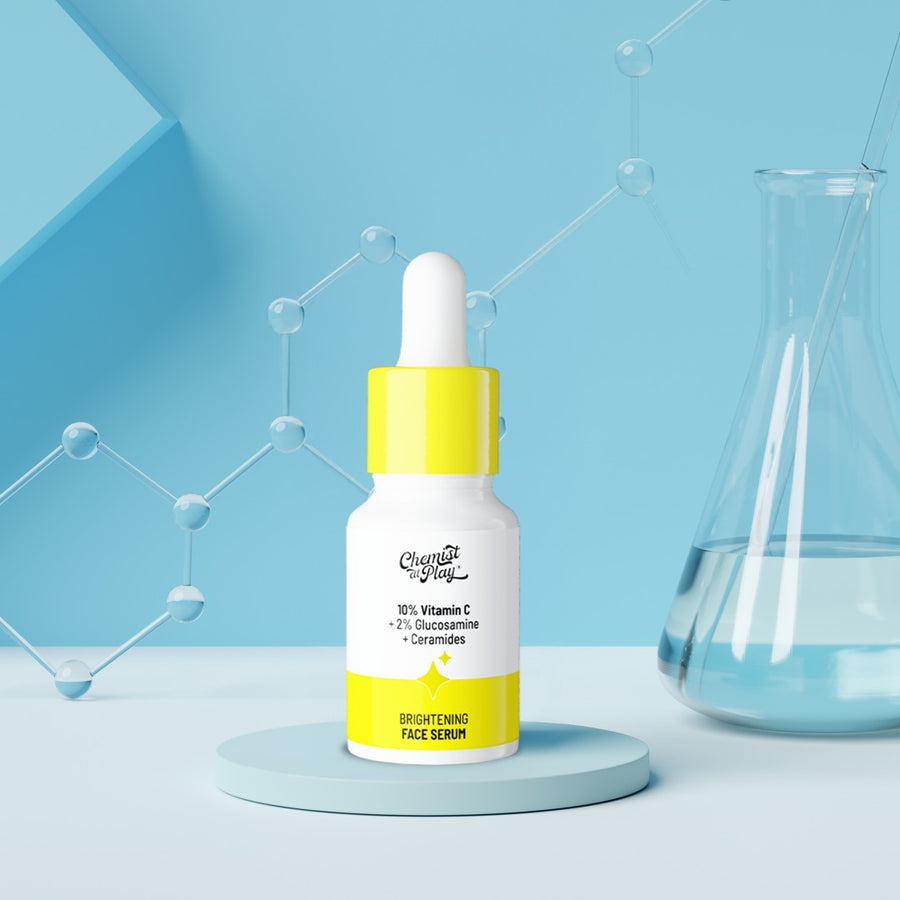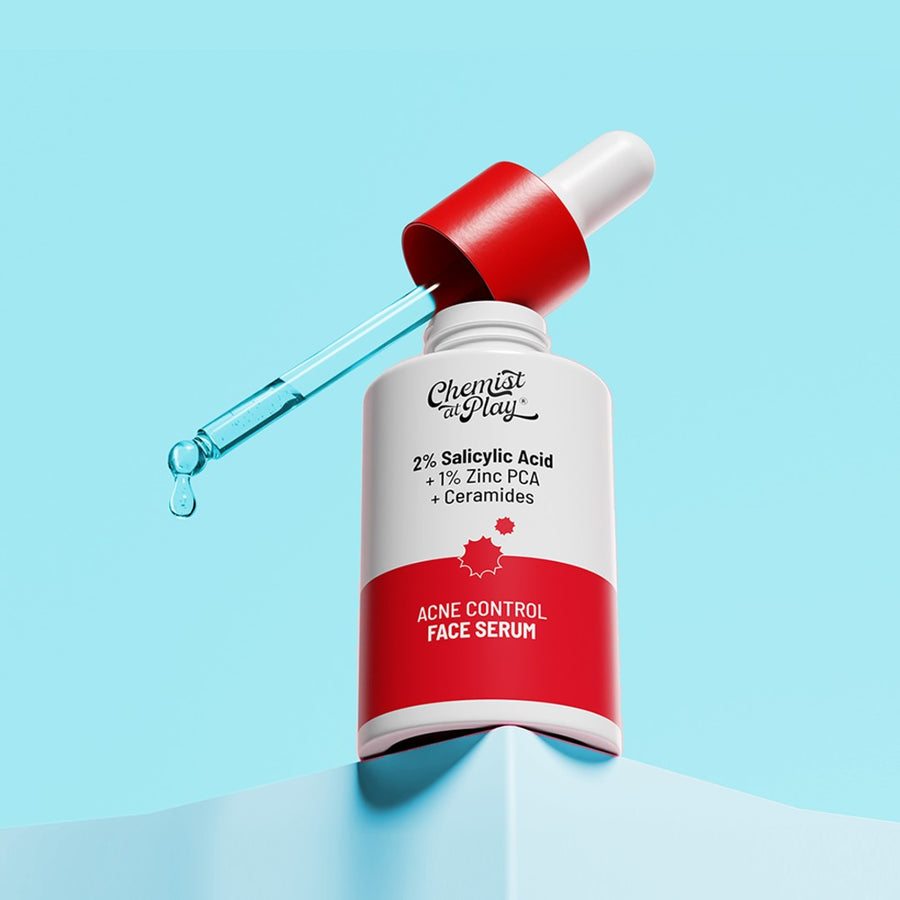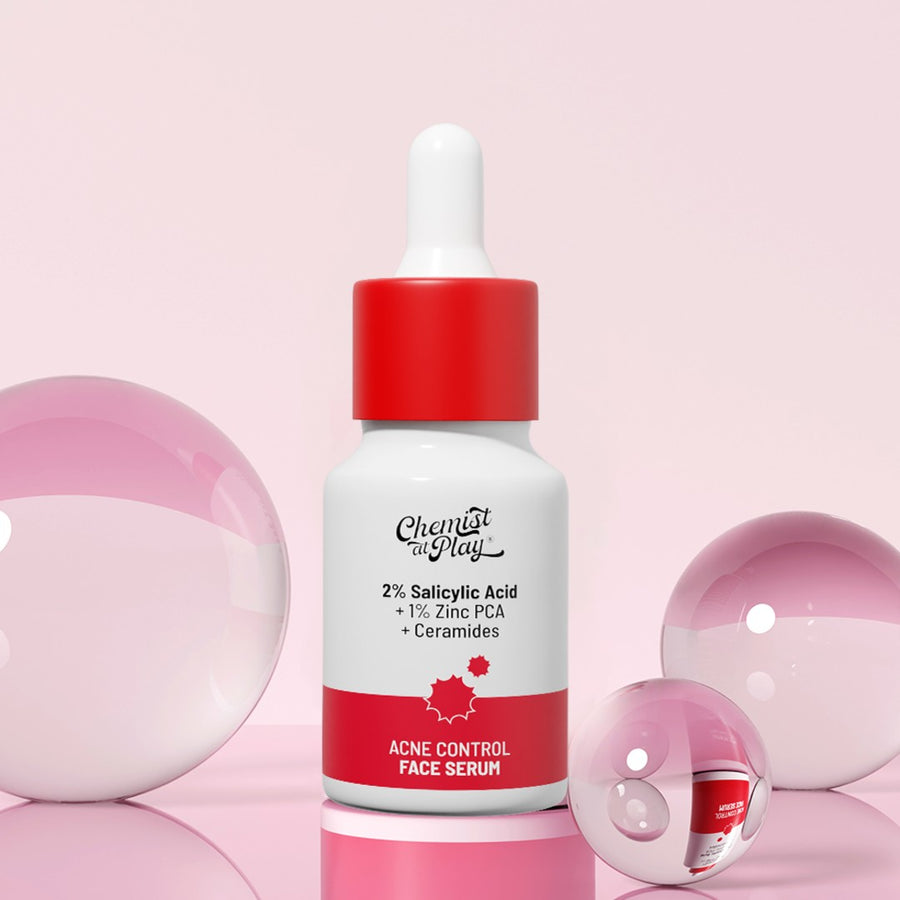
Azelaic or Salicylic Acid: Which Is The Ultimate Acne Fighter For Your Skin?
Today, choosing the right beauty treatment product can be a daunting task because there are so many options available in the market. Every skin is different and what works for one person wouldn’t necessarily work for you as well. And that is why it becomes even more difficult to choose the right product. The same is the case with beauty treatment products for fighting acne.
Skin issues, particularly acne is one of the most common problems people face at a certain age and many find it difficult to get rid of them. Acne can not only blemish your skin but also lower your confidence as it makes your skin looks oily and unappealing.
The commercialization of beauty has further made people conscious of this skin condition, and even though it is very normal and natural, people with acne don’t feel comfortable in their skin, quite literally.
Azelaic vs Salicylic Acid For Acne?
So, if you are looking for a great product that will rid you of your acne issues, two options – azelaic acid and salicylic acid are two of the best options you can choose from. Don’t be confused with their names.
We understand that the word acid is usually associated with extremes and using acid for skincare treatment might be the last thing on your mind, but both azelaic and salicylic acids are proven and popular treatment products that have taken the world by the storm. While both these products are used to treat acne, which one will suit your skin type better is a matter of ongoing debate.
So, in this article, we will tell you everything about azelaic and salicylic acids, how the two differ, and which one is the ultimate acne fight for your skin type.
What is Azelaic Acid?

It is a dicarboxylic acid, usually found in grains like barley and wheat. It is the more commonly used product between the two as it has been found to suit even the most sensitive, rosacea-prone skin types. It provides several benefits including:
- Reduction of skin inflammation
- Improving redness or rosacea
- Treating bacteria, dirt removal, and oil from pores
- Comes with antibacterial properties
- Improves the appearance the acne marks
- Prevents the synthesis of melanin that results in hyperpigmentation
- Treats skin sensitivity
- Betters skin texture
Azelaic acid may cause heightened purging when it is used initially, but it provides gentle exfoliating aftereffects that work well for sensitive skin. It has been seen that azelaic acid can be used regularly without causing any skin irritation.
What is Salicylic Acid?

A chemical exfoliant, salicylic acid is derived from willow marks. It is known to break down the bonds and hold the skin cells together helping dead skin to fall off naturally. Salicylic acid is known to have oil-soluble properties that enable it to penetrate and exfoliate skin pores. Some of the other functions it performs are:
- Reduces oil secretion from the skin by controlling the oil glands
- Reduces inflammation and soothes the skin
- Offers a certain degree of protection from UV radiation
- Its acidic pH properties prevent the growth of bacteria
- Improves fine lines and wrinkles as it produces collagen
However, one thing users must keep in mind is that overuse of this acid can damage the protective barriers of the skin, cause skin irritation and make the acne problem worse. It requires careful and controlled use for the best results.
Azelaic Acid vs Salicylic Acid – which is better for your skin?

It is quite common knowledge that different skin types require different kinds of treatments. And this is what becomes the most determining factor for choosing between azelaic acid vs salicylic acid. While azelaic acid is gentler and is most suited for sensitive skin, salicylic acid has far more aggressive exfoliating properties than can cause irritation and issues if your skin type is very sensitive.
On the other hand, salicylic acid has excellent oil-reducing properties, which means it will work wonders for the oily skin type. Azelaic acid, on the other hand, can increase oil production in the skin. So, if your skin is oily, salicylic acid is what you need, and azelaic acid will work well for dry skin types.
Having said that, the product composition plays an important role in how it affects your skin. There are chances that papulopustular rosacea is mistaken for acne. And if that is indeed the case, salicylic acid might not be the best choice here. So, if you are not sure whether your skin condition is due to rosacea or acne, it is safer to use azelaic acid as it has been found to treat both conditions. Salicylic acid, on the other hand, can make rosacea worse.
Azelaic Acid Vs Salicylic Acid: Can these two be used together?
If you are still not sure about which one to use between the two, there’s good news for you. Both azelaic acid and salicylic acid can be used together without having any adverse effects on your skin. However, it is advisable not to combine the two as there isn’t any significant benefit of doing so. The only benefit you might get is a combined effect of the two, which means the combination might work for all types of skin.
Azelaic Acid Vs Salicylic Acid: Conclusion
So, which of the two you will use will depend on your skin type. If you have sensitive and dry skin, then azelaic acid is what you should go for. But if your skin is oily, then salicylic acid is the answer. Alternatively, if your skin is not extremely sensitive and can withstand various kinds of skincare products, then you can combine the two as well and reap the benefits of both acids.




































